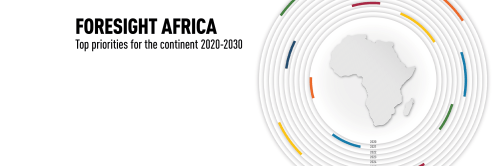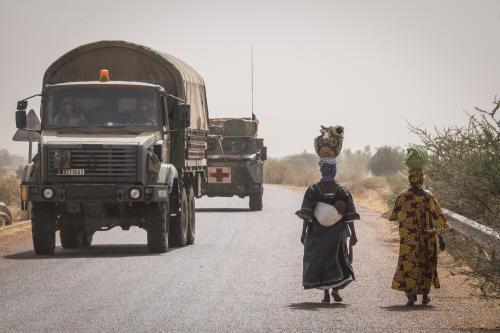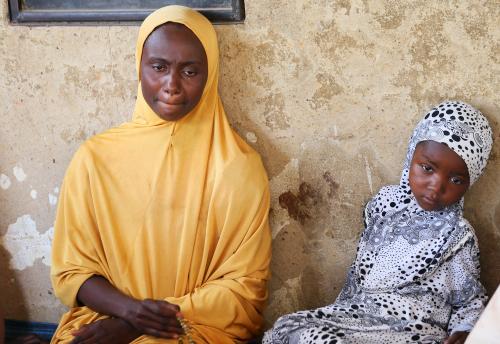West African countries rename CFA franc “eco” and begin currency reform
Earlier this month, the countries in the West African Economic and Monetary Union (WAEMU) took major steps forward in the implementation of its shared currency, the eco.
In late December 2019, WAEMU agreed with France to rename the CFA franc currency the eco and to reduce the currency’s ties to France. The eco will remain pegged to the euro, but the Central Bank of West African States will no longer be required to keep 50 percent of its foreign reserves in the French Treasury. There will also no longer be a French representative on the West African central bank’s board. The agreement will affect WAEMU members Benin, Burkina Faso, Guinea Bissau, Côte d’Ivoire, Mali, Niger, Senegal, and Togo, all of which, except Guinea Bissau, are former French colonies.
This month, in response to the agreement, the West African Monetary Zone (WAMZ), comprised of anglophone West African countries and Guinea, condemned the WAEMU decision to unilaterally rename the currency. In a statement, WAMZ members said that the renaming of the CFA franc was not in line with the decision of the Economic Community of West African States (ECOWAS) for the adoption of the eco as the name of an independent single currency. They also requested an extraordinary summit of ECOWAS leaders to discuss the issue.
Sahel security update
On Monday, January 13, French President Emmanuel Macron met with the leaders of five countries in the West African Sahel region—Mali, Niger, Burkina Faso, Chad, and Mauritania, known as the G5—to discuss the advance of armed Islamist extremists in the region, disavow anti-French hostility in these countries, and determine France’s future engagement in the region’s security. At the end of the summit, France pledged to deploy an additional 220 troops to the Sahel to fight terrorism, supplementing the current 4,500 French troops stationed in the area under Operation Barkhane. France also agreed to implement an intelligence-sharing agreement and integrated military-command structure with the G5 countries. The leaders of the G5 countries stated that they welcomed France’s support.
In contrast to France’s approach, the U.S. has announced plans to greatly reduce American forces in West Africa. The plan has drawn criticism from U.S. allies; French officials argue that removing U.S. intelligence officers from the region could weaken the fight against extremist groups.
The security situation in the Sahel has deteriorated in recent months. For example, the Nigerien army chief was fired on January 14 after at least 174 Nigerien security force members were killed by Islamist extremists in December and January. In Burkina Faso, jihadists killed 35 civilians and a dozen soldiers in subsequent attacks in December. In Mali, both Islamist extremism and ethnic violence are contributing to insecurity; on Thursday, January 16, 14 civilians were killed in an ethnically-motivated attack.
Foresight Africa launches
On Wednesday, January 15, the Brookings Africa Growth Initiative launched its annual flagship Foresight Africa report. At the beginning of each year, the Africa Growth Initiative provides insights and policy proposals to decisionmakers on key topics that are likely to impact growth and development in Africa in the year ahead. In this way, Foresight Africa seeks to draw Washington’s focus towards critical African issues through research and analysis, as well as the engagement of high-level participants to highlight the priorities on the continent in the coming year. Foresight Africa 2020 is a special edition focusing on the top priorities for the continent over the next decade, including strategies for: achieving the Sustainable Development Goals, deepening good governance, leveraging demographic trends for structural transformation, combating climate change, capturing the Fourth Industrial Revolution, and bolstering Africa’s role in the global economy.
Read the full Foresight Africa 2020 report or watch the event video. You can also read past editions of Foresight Africa.
We encourage you to comment on the report and share your own ideas on the priorities for Africa over the coming decade with #ForesightAfrica on Twitter.




Commentary
Africa in the news: WAEMU’s eco implementation, Sahel security update, and Foresight Africa launch
January 18, 2020